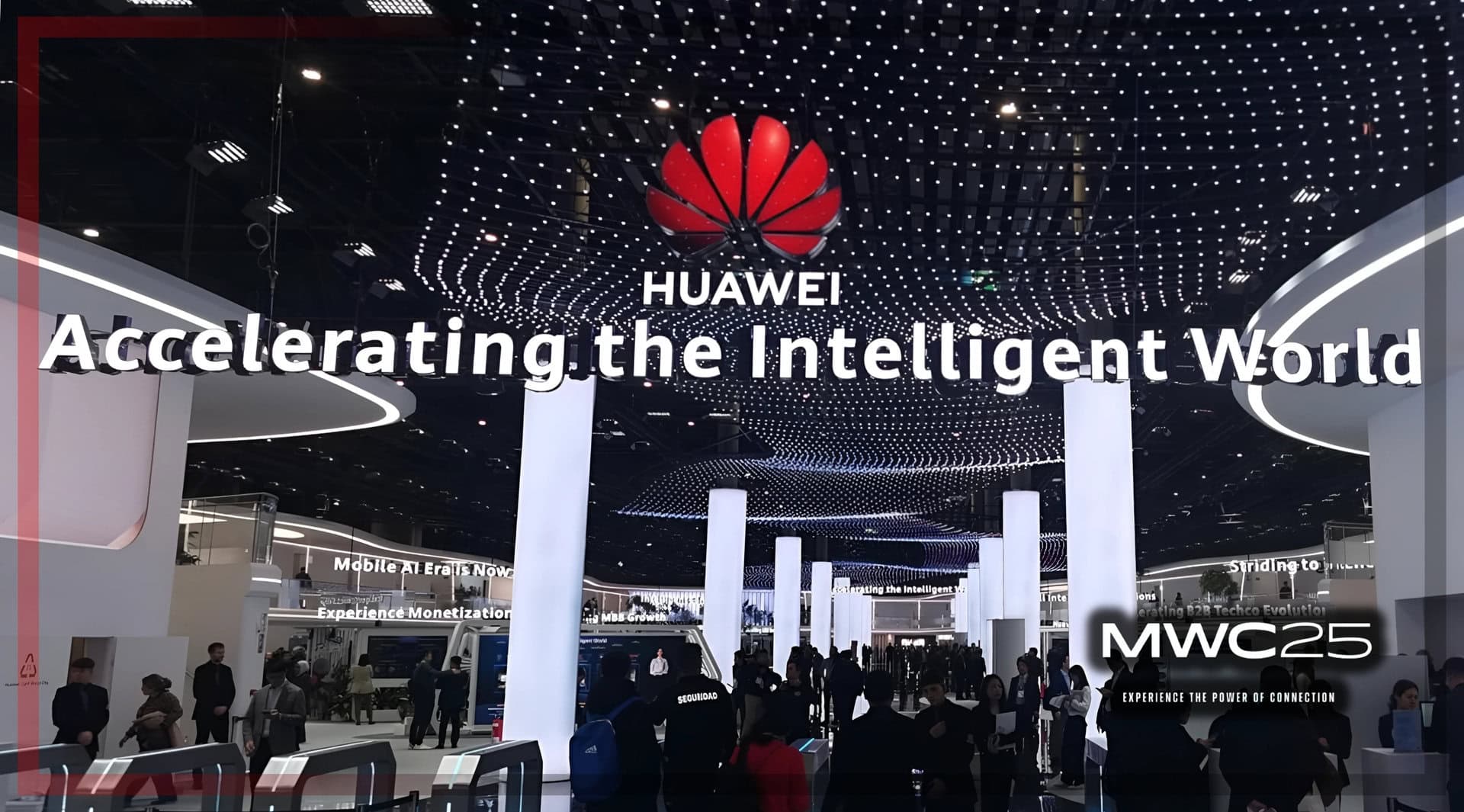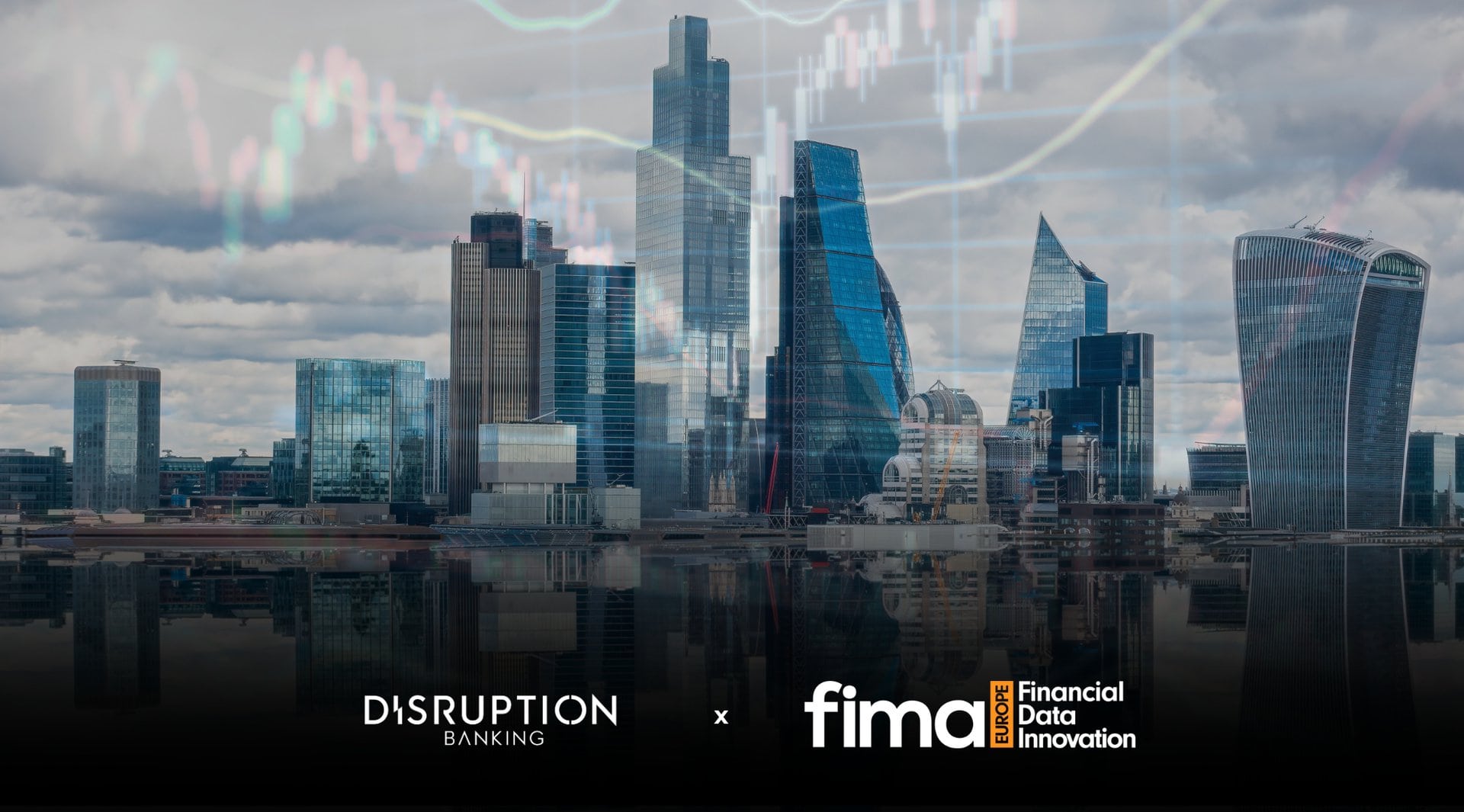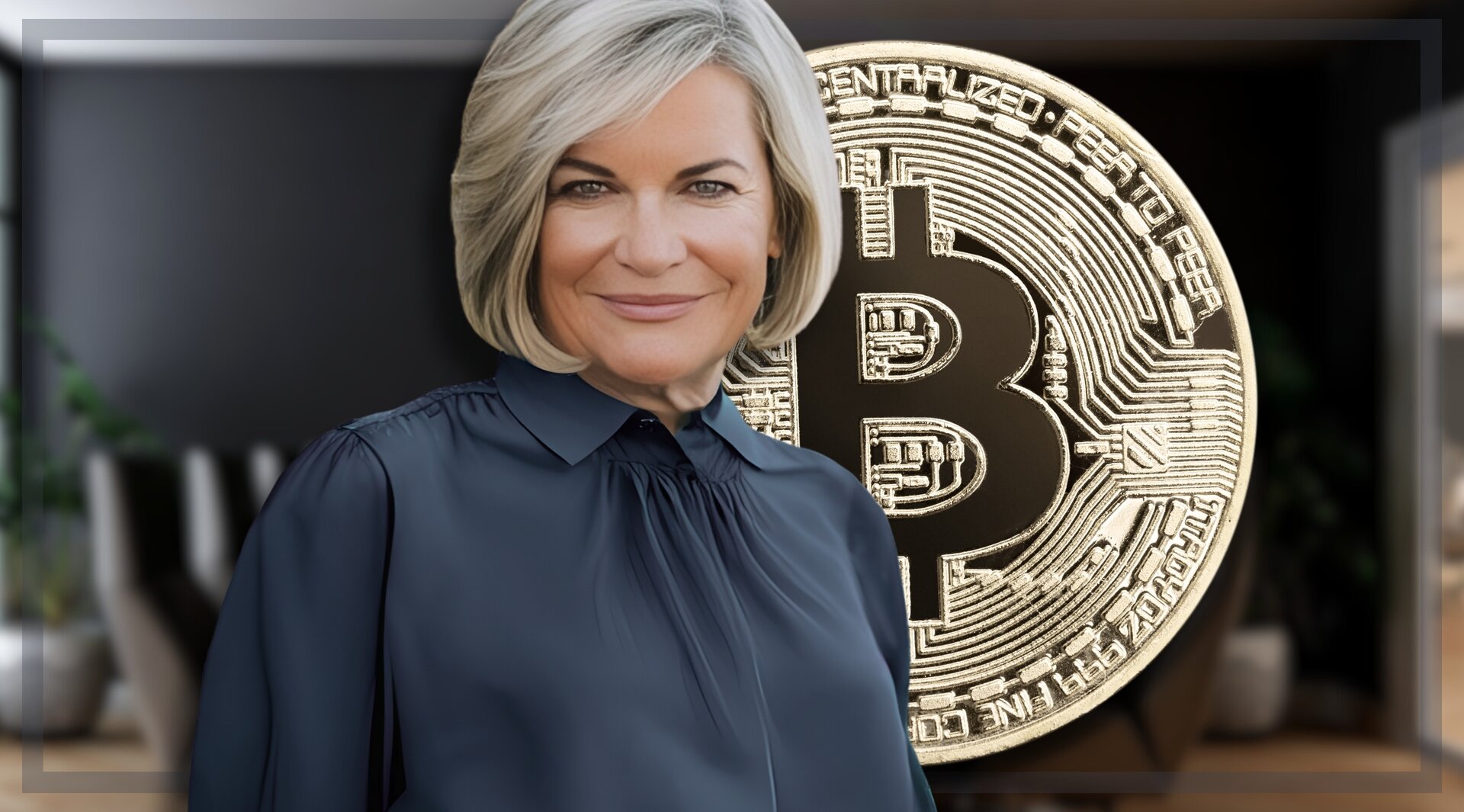Yesterday morning at Money 20/20 in Amsterdam, Helen Hai from Binance appeared onstage for a fireside chat. She is the Head of Binance’s Fiat business, NFTs, Fan Tokens and Charity. Hai spoke about what she sees as the value of blockchain technologies and NFTs.
The talk quickly descended into the bizarre, however, with Hai’s rambling response to the opening question. When asked whether the blockchain has any real value, she offered a strange analysis of humanity’s inherent evilness:
“I think the first thing we need to look at is how human beings build societies – today we’re seeing the war with Russia; so actually, if you look at human history, whether they were communists, you know, capitalists, socialists; I mean, they all started with good intentions,” Hai said. “What really went wrong, actually, was that human nature meant that when a group of people started getting power, things started going wrong.”
According to her, this indicates a “human issue with human nature.” In turn, this gives rise to “a fundamental problem in governance.” Apparently, decentralised technologies like the blockchain can resolve this problem and thereby make the world a happier, more prosperous place. How Hai got from the war in Ukraine to the blockchain is not entirely clear.
Bizarre start by Binance at #money2020eu. Says the war in Ukraine is an example of how human nature corrupts societies. The blockchain is apparently a “remedy” for this. Binance’s ambition seem to extend to remoulding humanity… pic.twitter.com/QRVLiWDU7P
— Harry Clynch (@clynchharry) June 9, 2022
In Hai’s view, blockchain technology offers the perfect “remedy” for human flaws:
“This is why I’m so passionate about blockchain – because the nature of the technology – transparent, trackable – is a new discipline to complement [sic] the human nature into a new model of governance. And this is something that’s very important.”
Even if Hai is right – and all the stuff about human nature being remoulded by corporates sounds dubious, if not dystopian – then it’s not clear where Binance comes into all this. Binance does not operate on the blockchain itself, but a related technology called the Binance Smart Chain. This is a blockchain network built for running smart contract-based applications, which runs in tandem with Binance’s native Binance Chain. These chains are not “transparent” or “trackable” as Hai suggested. It is not possible to track transactions there, as DisruptionBanking has tried to do. Binance often conflates the genuinely transparent blockchain with their own highly opaque structures to avoid scrutiny. Indeed, Hai herself said later in her talk that there’s no need for Binance to have auditors because everything is (supposedly) transparent.
"@HelenHaiyu who leads @BinanceBCF, said in an interview that crypto donations are more transparent, more cost-efficient and offer a way to directly affect and improve the lives of those in desperate need, wherever in the world they may be." https://t.co/Yn79hLIdT1 @torontostar
— Binance Charity (@BinanceBCF) June 3, 2022
As well as the idealism about changing humanity for the better, Hai, who also works as Binance’s Head of Charity, was keen to emphasise the company’s philanthropic work. She noted the company’s work on using crypto to improve financial inclusion, strengthen women’s economic standing, and bring disadvantaged communities in Africa and Latin America into the financial system. This is, of course, commendable. But one cannot help but sense some “charity-washing” going on when Binance is forcibly liquidating client funds, facing a class action for allegedly stealing clients’ biometric data, and threatening to report journalists to the police for doing their job.
Hai’s remarks at Money 20/20 were indicative of a company whose ambitions stretch very far indeed. Perhaps it’s genuinely the case that Binance, which has grown from nothing to a multi-billion dollar company within five years, believes it can change human nature. The question for regulators will be how to grapple successfully with such a beast.
Author: Harry Clynch
#Money2020EU #Binance #Blockchain #Crypto















